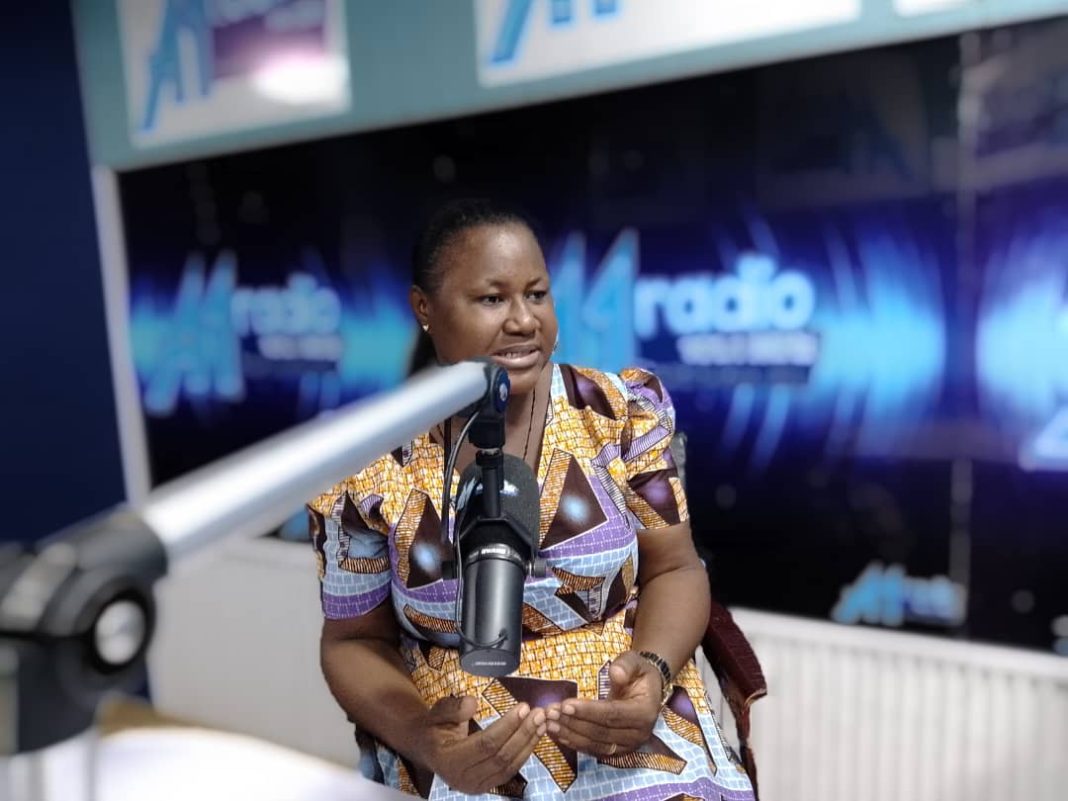Health promotion officers at the Upper East Regional Hospital are taking diabetes education to marketplaces and churches as they confront a troubling trend: many Ghanaians deliberately avoid testing for fear of discovering they have the disease.
Selina Anabire, public health promotion officer at the hospital, said despite extensive education efforts, some residents refuse screening based on the belief that ignorance is preferable to diagnosis.
“Someone told me that I really don’t want to go and check because I know I am not sick. Why would I go and even check and get to know that I have the disease?” Ms. Anabire recounted. “They feel when they know, it might even deteriorate them rather than them not knowing.”
Health officials are urging residents to learn their diabetes status early when the condition is more manageable.
“What we are always advocating is for people to know their status so that you know how to manage,” Ms. Anabire said. “And once you come early, very early, we are able to help.”
Another challenge health workers face is patients who stop taking medication once their blood sugar levels normalize, unaware that diabetes treatment is typically lifelong.
“You are on the medication for life unless the doctor really sees that you are doing well and they can either reduce it or even just take you off that one and change a different one for you,” Ms. Anabire explained.
She cited a case of a patient who developed a severe leg sore without realizing it, a common complication of undiagnosed diabetes. The patient died before receiving adequate treatment.
“This wound I’m talking about, when they get the sores to some extent, you have to constantly be cleaning it, because it might not even heal,” she said. “You have to either amputate the limb or you have to be dressing for life.”
Ms. Anabire estimated that out of every 10 people she encounters, seven have diabetes but discovered it only after seeking treatment for seemingly unrelated conditions like malaria or headaches.
“Some of these diseases, you will not get to know. You will not get to know them until it’s late,” she said. “It’s good to sometimes just go walk in randomly, check your BP and then go for your sugar and know that you are good.”
The education campaign extends beyond the hospital walls as health workers visit community gathering places to spread awareness about the disease.
“Anywhere I find myself, I educate,” Ms. Anabire said, emphasizing that individuals with a family history of diabetes should be particularly vigilant about regular screening.
Source: a1radioonline.com|101.1Mhz|Mark Kwasi Ahumah Smith|Bolgatanga


